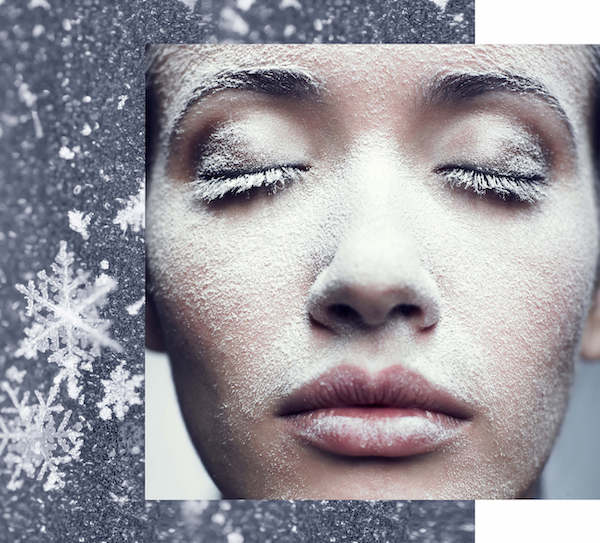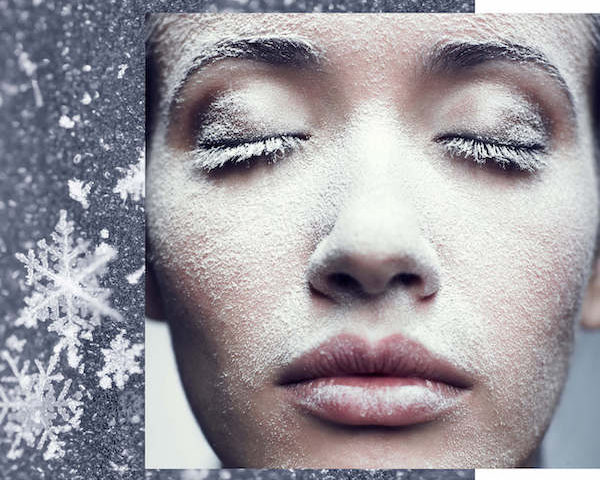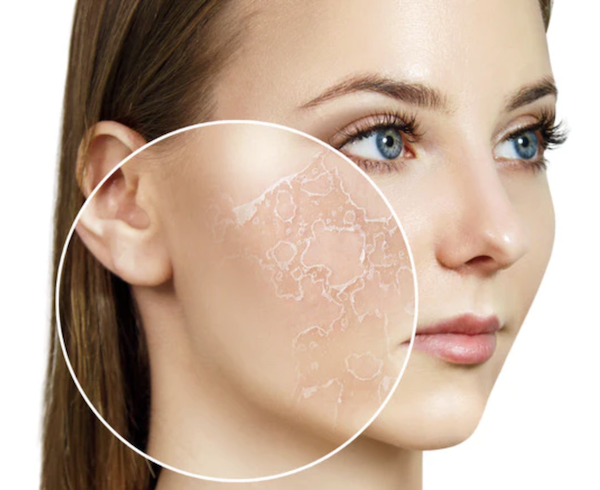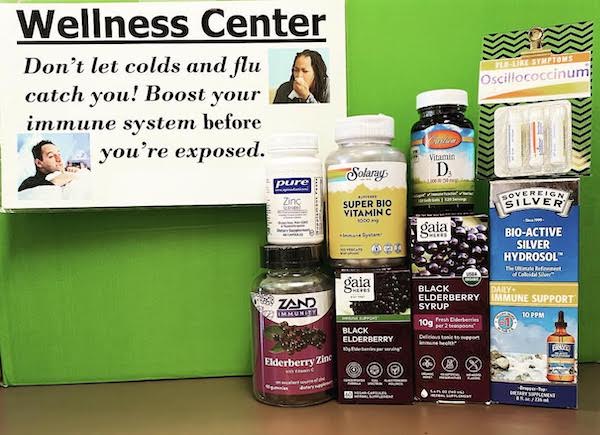Your skin needs special treatment inside & out this season
 We’re heading into winter now, well into the season of colds, flu, COVID, and dry, itchy skin. By now we hope you’ve prepared your immune system for the season, and if you haven’t already, it’s definitely time to protect your skin – from the outside with clean topical products and from the inside with key supplements.
We’re heading into winter now, well into the season of colds, flu, COVID, and dry, itchy skin. By now we hope you’ve prepared your immune system for the season, and if you haven’t already, it’s definitely time to protect your skin – from the outside with clean topical products and from the inside with key supplements.
From the Outside – Topical Methods
Use a humidifier – The drier the air, the drier the skin. Humidifiers really help, especially when running heaters in winter. At minimum, run a humidifier in the room you spend the most time in.
Switch to a heavier face cream – Traditional night creams work well here, for both night and daytime. Derma-e makes several excellent products to choose from.
Use antioxidant serums – These are perfect for protecting the skin year-round, as UV damage can come in any season. Choose a product with vitamin C and an SPF of 30 if possible.
Avoid harsh cleansers – Many face washes contain drying ingredients like commercial fragrances or additives. Choose a product that won’t strip your skin of essential oils.
Buff your skin – Choose a gentle face scrub to encourage exfoliation unless your skin is extremely dry, then just use a wet washcloth. Buffed skin looks and feels younger.
Avoid hot showers or baths – These can cause the skin surface to create tiny cracks and feel itchy. If you must indulge, be sure to use a full body moisturizer afterwards.
From the Inside – Nutritional Methods
Tweak your diet – Eating more healthy fats can help with dry skin. Be sure to get a high-potency omega-3 supplement, and add avocados, walnuts, and olive oil to your meals.
Get key vitamins from food or supplements –
Vitamin A in the form of retinol has long been used to treat numerous skin problems, including psoriasis and severe acne. Rough, dry skin is a common sign of vitamin A deficiency.
Vitamin C plays a crucial role in the regulation of collagen, necessary for the stability of skin. Observational studies show diets high in vitamin C are associated with better skin appearance and less wrinkling.
Vitamin E is a potent anti-inflammatory agent, defending the skin against free radical damage, including sun/UV exposure.
Vitamin B5 (pantothenic acid) is needed by skin cells for proper regeneration and growth, and is necessary for maintaining the healthy barrier function of the skin.
Vitamin K2 prevents calcification of our skin’s elastin, the protein that gives skin the ability to spring back, smoothing out lines and wrinkles.
Get key minerals from food or supplements –
Zinc assists proper structure of proteins and cell membranes, improves wound healing, has anti-inflammatory effects, and protects against UV radiation.
Selenium is necessary for the functioning of glutathione, the body’s most powerful antioxidant. Glutathione helps protect against cellular damage from free radicals that cause inflammation, aging, and promote skin cancer.
Silica is essential for maintaining the health of connective tissue and skin elasticity.
Sulfur is necessary for collagen production, which gives skin its structure and strength, and also is necessary for glutathione production, which protects skin against free radical damage.
Consider taking probiotics – Studies show probiotics can reduce inflammation and oxidative stress across the body and may have important implications in several skin conditions, including rosacea and psoriasis.
REFERENCES




